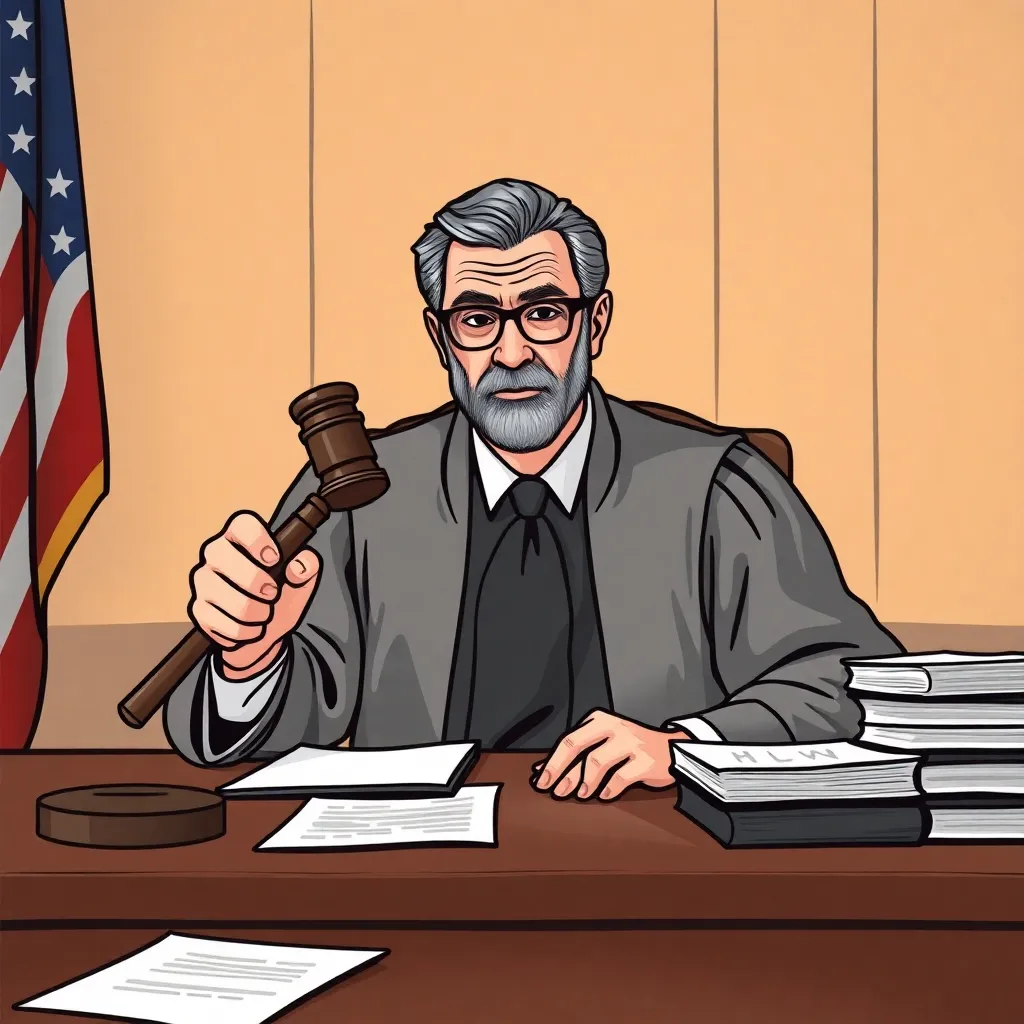
In a significant ruling, the U.S. Court of Appeals for the District of Columbia Circuit has upheld the constitutionality of the TikTok divest-or-ban order, paving the way for the U.S. government to take further action against the popular social media app. Here’s a breakdown of the court’s decision and what it means for TikTok’s future in the United States.
Background of the Case
The TikTok ban has been a long-standing issue, with the U.S. government citing national security concerns over the app’s ownership by Chinese company ByteDance. In 2020, the Committee on Foreign Investment in the United States (CFIUS) launched an investigation into ByteDance’s acquisition of Musical.ly, a social media app that was later merged with TikTok. The investigation led to an executive order by then-President Donald Trump, requiring ByteDance to divest its ownership of TikTok or face a ban in the United States.
The Court’s Decision
On December 6, 2024, the D.C. Circuit Court ruled that the divest-or-ban order did not violate the First Amendment rights of TikTok’s users or the company itself. The court held that the government’s national security concerns outweighed any potential free speech implications, citing the app’s collection of user data and potential ties to the Chinese government.
Implications of the Ruling
The court’s decision clears the way for the U.S. government to enforce the divest-or-ban order, which could have significant implications for TikTok’s future in the United States. If ByteDance is forced to divest its ownership of TikTok, the app could be sold to a U.S.-based company or shut down altogether. Alternatively, the government could impose stricter regulations on the app, limiting its ability to collect user data or interact with other social media platforms.
What’s Next for TikTok?
TikTok has vowed to appeal the court’s decision, which could lead to a Supreme Court showdown over the app’s fate. In the meantime, the company is exploring options to address the government’s national security concerns, including the creation of a separate U.S.-based entity to oversee the app’s operations. However, it remains to be seen whether these efforts will be enough to satisfy the government’s demands and prevent a ban.
The D.C. Circuit Court’s decision has significant implications for TikTok’s future in the United States, and raises important questions about the balance between national security and free speech. As the case continues to unfold, it will be closely watched by policymakers, tech companies, and social media users alike.





